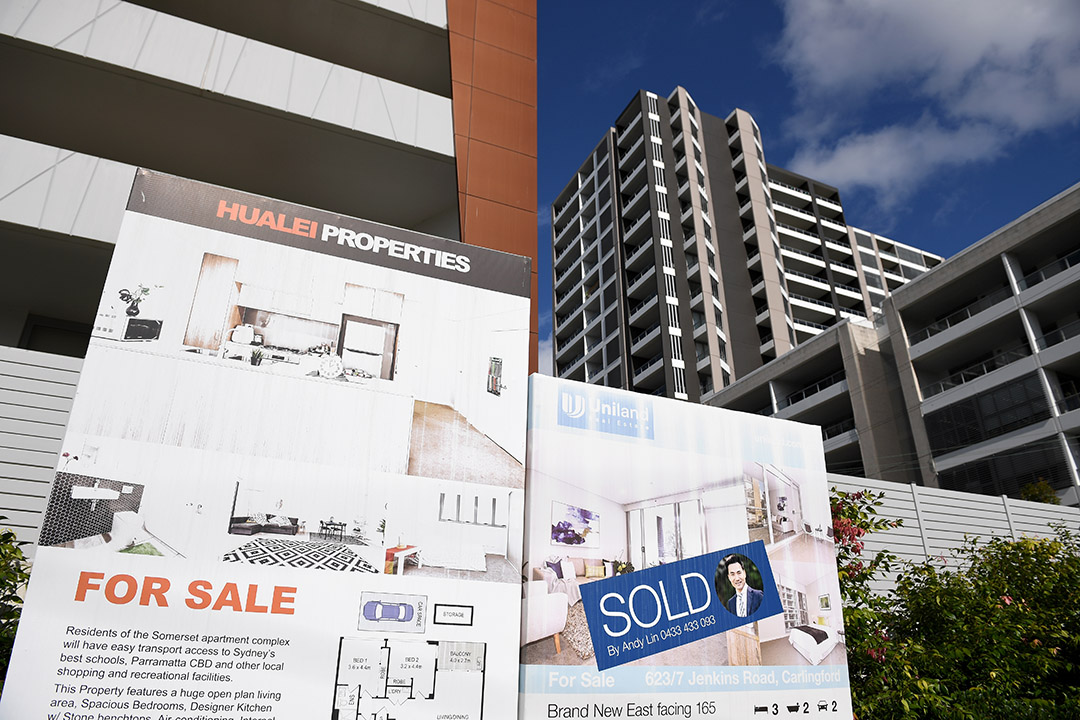

When it works well, negative gearing can be good. As I see it though, the problem is that the benefits are hugely overstated and the downsides often drastically understated. Negative gearing property generally requires substantial debt therefore incurring interest, combined with other holding costs such as rates, insurance, repairs etc. This means that your outgoings are greater than the rental income leaving a loss (a negative), hence the term negative gearing.
At this point you are losing money in addition to tying up your borrowing power. This may affect your ability to borrow for other assets such as your own home. What this means is that you need capital growth to make the exercise of negative gearing worthwhile, and these capital gains need to out-way the losses made through negative gearing for this to work.
You see, negative gearing only works when the asset you’re holding is going up in value. If it isn’t, then you’re genuinely losing money. One of the most common myths for many property investors is that think that “the tenant is paying my mortgage” and “I get tax refunds for the amount of money lost through negative gearing”, in both cases this is incorrect. At best, the Rental Income from tenants is merely helping you cover the holding costs whereby the tax saving you get can at best be viewed as clawing back only a portion of what you have actually lost through negative gearing.
With record low interest rates at present, the impact of negative gearing for many investors has diminished substantially anyway as the cost of holding a property, relative to the rental income, has declined. But is this a good thing? It means that the negative gearing losses are lower and therefore lower tax benefits doesn’t it? Well, the short answer is yes, it’s a great thing!
Prospective property investors should focus on two main things when considering their purchase: capital growth and rental income. Both should be at the forefront of their decision making. The amount of times in my 25 years of advising in this space that clients have begun with, “should I buy a property and negative gear it so I can reduce my tax” is frightening, and my answer has remained consistently similar. “Only if you believe the property you are looking at buying has the potential for capital growth and it has strong rental yields, view the tax you save from negative gearing as a partial benefit and a way to recoup only a percentage of what you’ve lost.”
I follow this up with a simple question that simplifies my opinion on negative gearing. “Would you rather lose $10,000 and the government only give you back $4,700 (assuming an investor is in the highest tax bracket), or would you rather be given $10,000 but have to give the government back $4,700? The answer is always that the client would rather be given money and pay the tax. As demonstrated here, if you lose $10,000 through negative gearing, the most you get back in tax is $4,700, meaning you are out of pocket $5,300. Again, negative gearing means you’re genuinely losing money unless you achieve capital growth.
Investors also need to be mindful that the impact of negative gearing, through the tax benefit achieved, is directly determined by the individual’s marginal rate of tax. For example, an investor with a $200,000 taxable income with a $10,000 negative gearing loss saves $4,700 in tax whereas an investor with a $40,000 taxable income with a $10,000 negative gearing loss only saves $2,100 in tax.
I believe that a property investor needs to be fully informed about how negative gearing works. If they are, then it can be a good way for people to grow their portfolios on the provision that capital growth and rental yield has been at the forefront of their decision making. Anomalies such as claiming depreciation on new buildings, or properties that have been substantially renovated, definitely skew the impact of negative gearing and provide additional cash flow assistance by generating larger tax losses through greater depreciation deductions. However, investors also need to be wary, of buying new just for this reason, as a new property generally comes at a higher cost therefore higher debt. Investors in new properties also need to be wary that they are not being enticed into buying new by advisers who are guiding them through self-interest rather than the best interest of the investor, unfortunately there has been many cases of this occurring in Australia as highlighted in the Royal Commission.